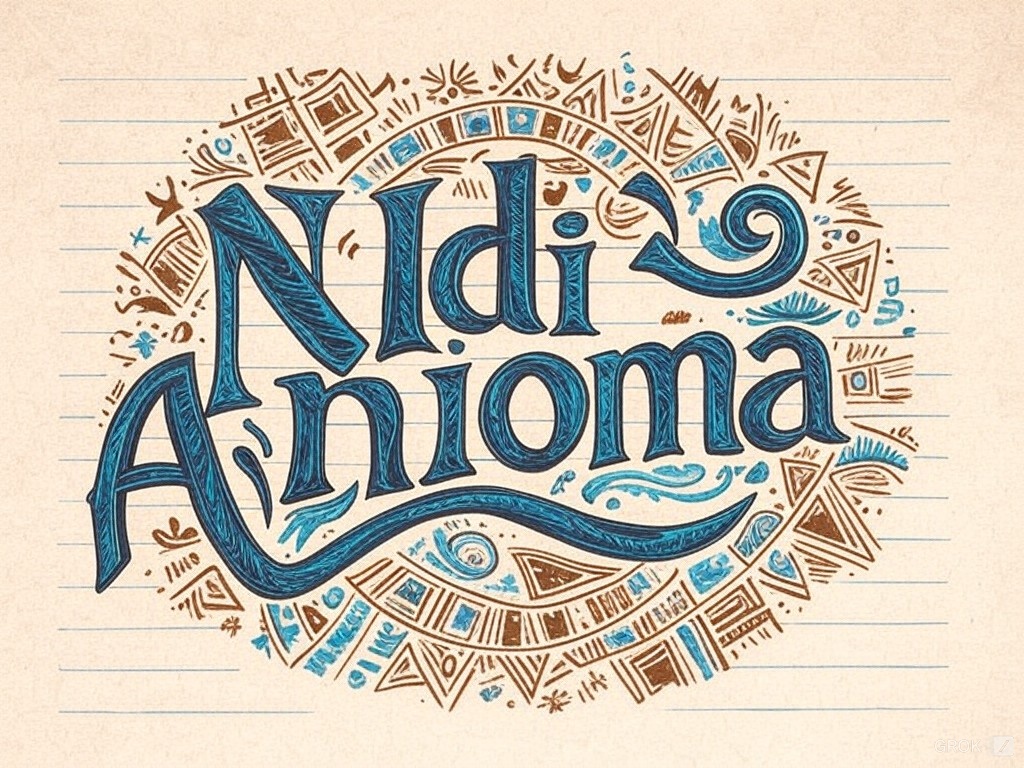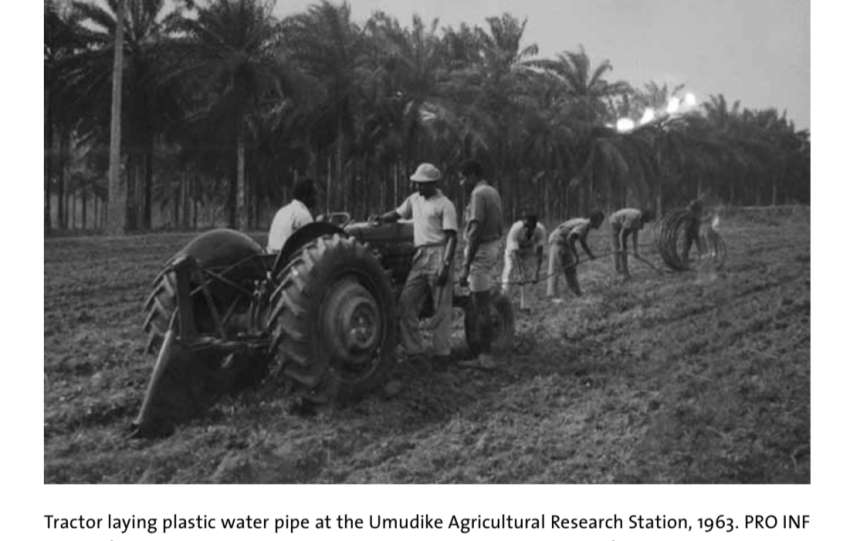
The history of ndi Anioma, living on the west of the Lower River Niger, is a fascinating story of cultural resilience and evolution. Some of which originated from migrations as a result of ecological problems around the 10th century A.D., these groups of Igbo-speakers created settlements that would in the future be known as Anioma, meaning “those living on the prosperous and good land.” At first, little in numbers, they brought with them political and social structures that helped in shaping the way of life of their new communities.
The history of ndi Anioma spans across four distinct periods, each of these periods was marked by crucial socio-political evolvement. From the earlier settlement phase around 900-1500 A.D., where ndi Anioma replicated the core Igbo institutions, to the time of clashing culturally (1500-1750) influenced by close distinct cultures like the Igala, Yoruba and Edo. During this time,ndi Anioma was left with no option than defending territorially and integrating new political systems.
During the 18th century, Ndi Anioma was brought to the fold of the Atlantic slave trade, although despite the brutality that came with this setback, the political landscape of the people was not altered fundamentally, Instead, they maintained the segmented and autonomous Igbo village systems, focusing on trade and defense rather than state formation.
The colonial era from period of 1900 to 1960 was marked by fierce resistance and adaptation to the modus operandi of the British administration, with notable impacts on the traditional systems of the people, due to cultural imperialism and economic exploitation.
Today, Ndi Anioma celebrate a rich and profound cultural heritage, proud of their resilient history, cultural synthesis, and the unique identity they’ve carved out in the broader Igbo narrative. This narrative not only enriches our understanding of Igbo history but also highlights the adaptive strength of Anioma’s cultural identity.
© Ohadike, D. C. (1994). Anioma: A social history of the western igbo people. Ohio University Press.



